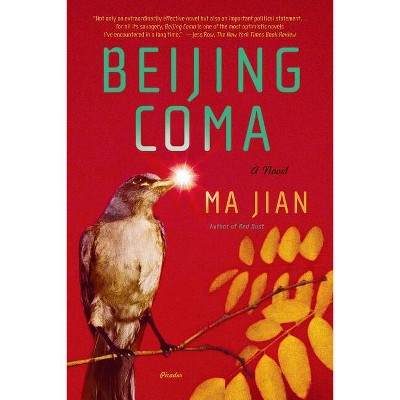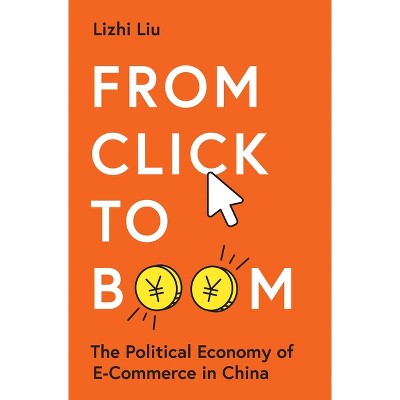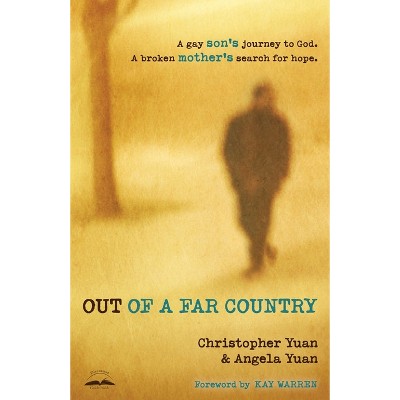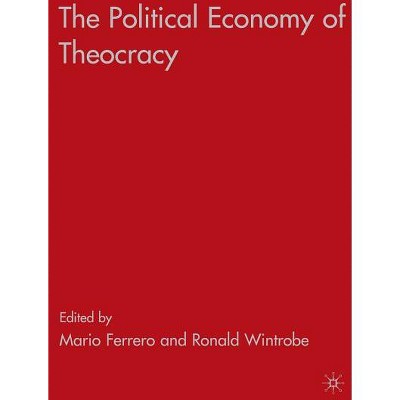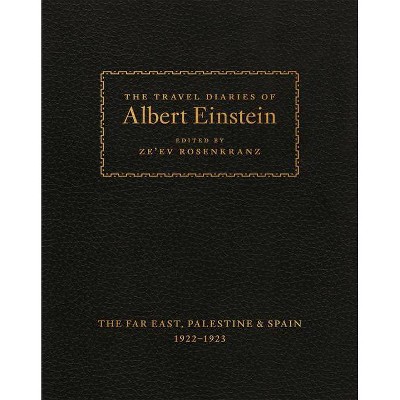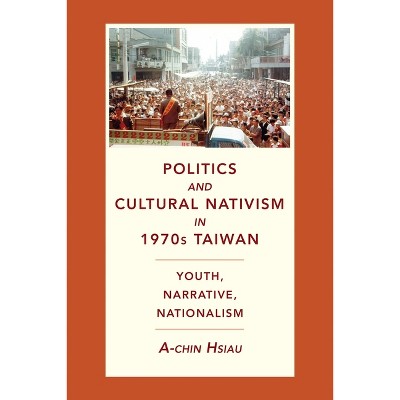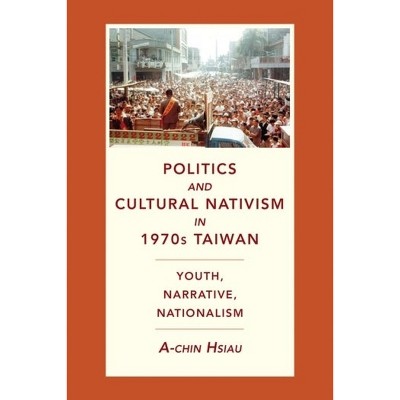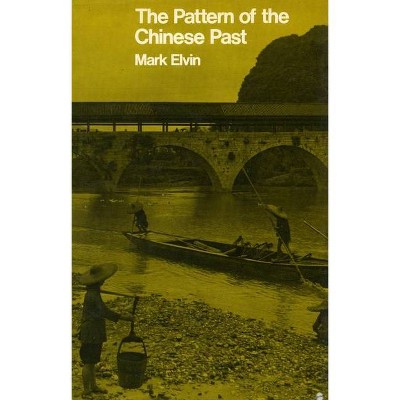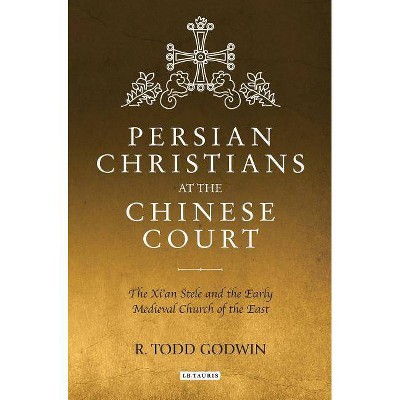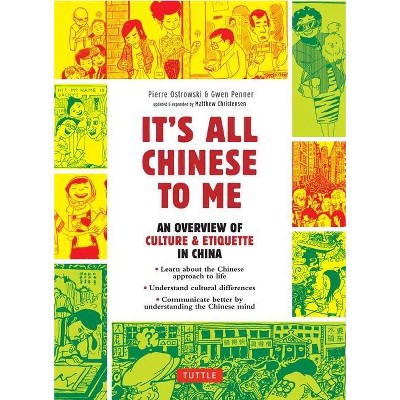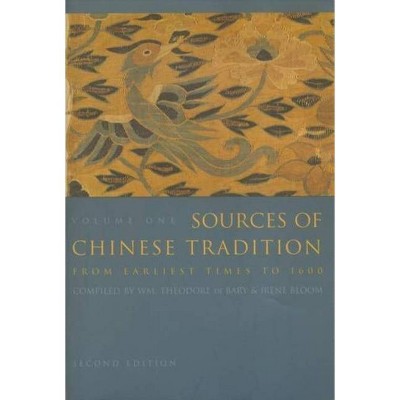Sponsored

The Musha Incident - (Global Chinese Culture) by Michael Berry (Paperback)
In Stock
Sponsored
About this item
Highlights
- On October 27, 1930, members of six Taiwanese indigenous groups ambushed the Japanese attendees of an athletic competition at the Musha Elementary School, killing 134.
- About the Author: Michael Berry is professor of modern Chinese literature and film at the University of California, Los Angeles.
- 312 Pages
- History, Asia
- Series Name: Global Chinese Culture
Description
About the Book
This book brings together leading scholars to provide new perspectives on one of the most traumatic episodes in Taiwan's modern history and its fraught legacies. Contributors from a variety of disciplines revisit the Musha Incident and its afterlife in history, literature, film, art, and popular culture.Book Synopsis
On October 27, 1930, members of six Taiwanese indigenous groups ambushed the Japanese attendees of an athletic competition at the Musha Elementary School, killing 134. The uprising came as a shock to Japanese colonial authorities, whose response was swift and brutal. Heavy artillery and battalions of troops assaulted the region, spraying a wide area with banned poison gas. The Seediq from Mhebu, who led the uprising, were brought to the brink of genocide.
Over the ensuing decades, the Musha Incident became seen as a central moment in Taiwan's colonial history, and different political regimes and movements have seized on it for various purposes. Under the Japanese, it was used to attest to the "barbarity" of Taiwan's indigenous tribes; the Nationalist regime cited the uprising as proof of the Taiwanese peoples' heroism and solidarity with the Chinese in resisting the Japanese; and pro-independence groups in Taiwan have portrayed the Seediq people and their history as exemplars of Taiwan's "authentic" cultural traditions, which stand apart from that of mainland China.
This book brings together leading scholars to provide new perspectives on one of the most traumatic episodes in Taiwan's modern history and its fraught legacies. Contributors from a variety of disciplines revisit the Musha Incident and its afterlife in history, literature, film, art, and popular culture. They unravel the complexities surrounding it by confronting a history of exploitation, contradictions, and misunderstandings. The book also features conversations with influential cultural figures in Taiwan who have attempted to tell the story of the uprising.
Review Quotes
The complexities, nuances, and shades of interpretation that the contributors reveal in their analyses demonstrate how egregious the Musha Incident's previous dismissal or erasure in most general narratives of Taiwan and Japan has been. The book is bold in its innovative scope--truly interdisciplinary.--Kirsten Ziomek "H-Asia"
Offering perspectives from indigenous, Han Chinese, Japanese, American, and European sources, The Musha Incident serves as a model for understanding the complexity of history and its representations. For the editor, it is not only a labor of love but also a demonstration of intellectual and moral commitment.
--Michelle Yeh, editor of Hawk of the Mind: Collected Poems of Yang MuThe Musha Incident is a pathbreaking study of the last major act of armed indigenous resistance to Japanese colonial rule. By marshalling the talents of experts in history, literature, film, and music, Michael Berry provides what will become a touchstone analysis of a tragedy that has long captured public imagination.
--Ashley Esarey, coauthor of My Fight for a New Taiwan: One Woman's Journey from Prison to PowerThis compelling book provokes the reader to ponder the bloody violence committed in the name of the colonial state but also of the rebels. It bears witness to the difficulties encountered by survivors and later generations to tell and remember this important story. A must read.
--Klaus Mühlhahn, author of Making China Modern: From the Great Qing to Xi JinpingThis collection brilliantly interweaves two layers of meaning of the Musha Incident for Taiwan society--a horrendous historical tragedy and a haunting collective trauma. The chapters take us on a tour with divergent tracks, frequently leading to fascinating landscapes of creative imagination. The fluid, open-ended history thus conjured up reveals how our senses of reality are shaped by evolving contemporary discourses.--Yvonne Chang, author of Modernism and the Nativist Resistance: Contemporary Chinese Fiction from Taiwan
About the Author
Michael Berry is professor of modern Chinese literature and film at the University of California, Los Angeles. His books include Speaking in Images: Interviews with Contemporary Chinese Filmmakers (2005) and A History of Pain: Trauma in Modern Chinese Literature and Film (2008), and he is the translator of several novels, including Chang Ta-chun's Wild Kids: Two Novels About Growing Up (2000) and Wu He's Remains of Life (2017), all from Columbia University Press.Shipping details
Return details
Frequently bought together
Trending Non-Fiction



